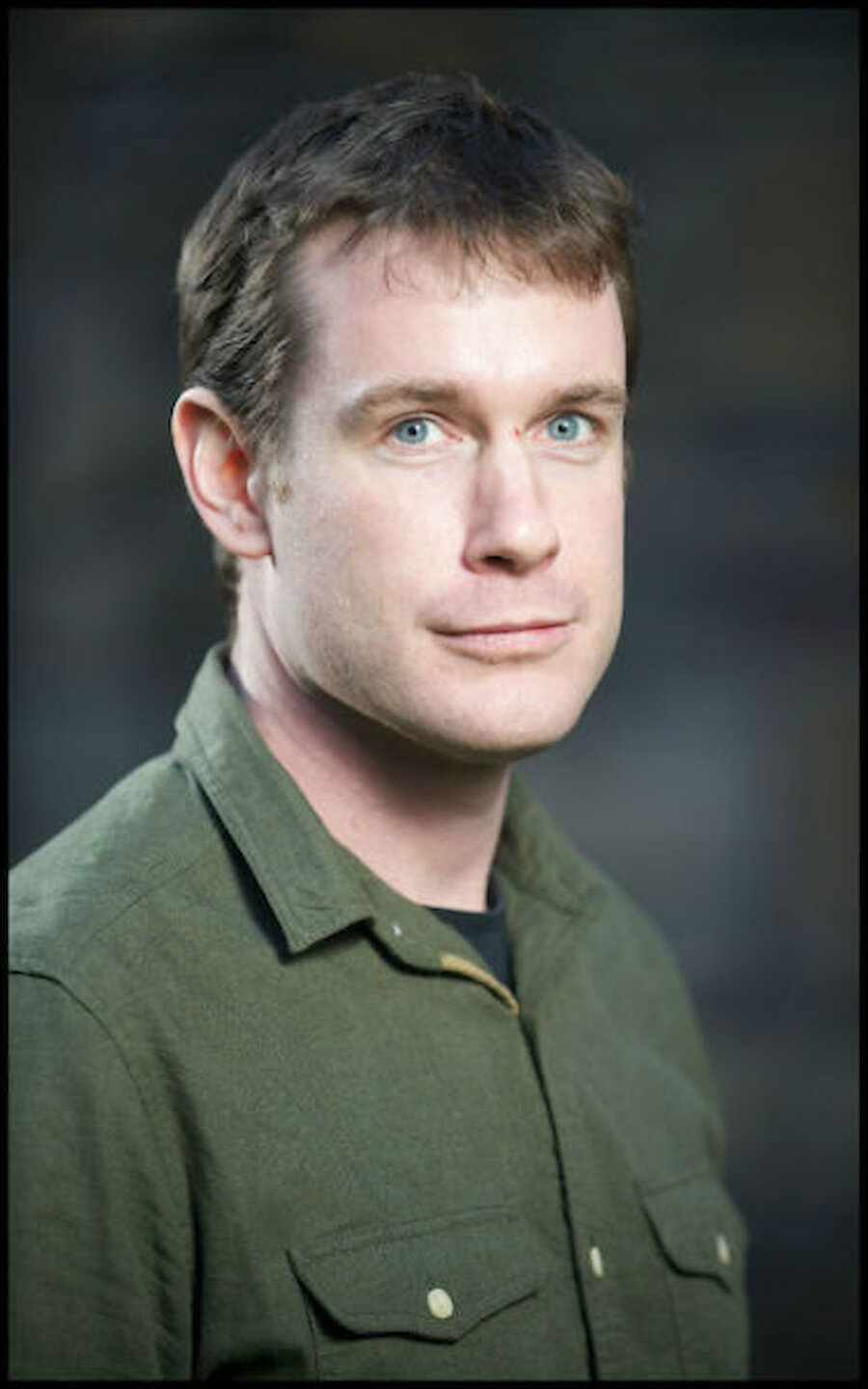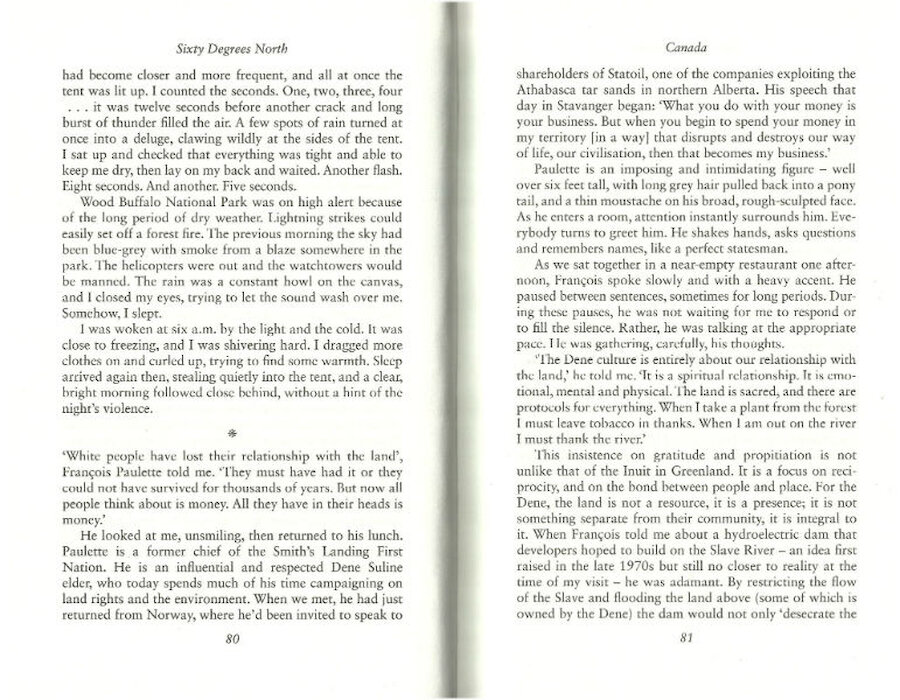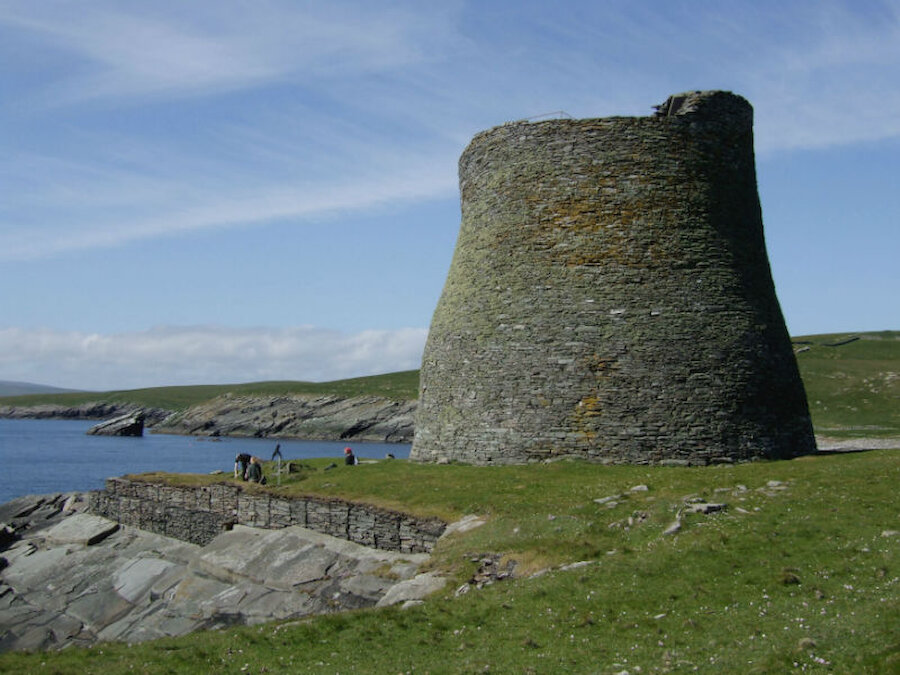60 Degrees North: Around the World in Search of Home, by Malachy Tallack
That Shetland lies at 60˚ North is a fact that, as Malachy Tallack observes in this remarkable book, cannot escape the attention of local people or visitors to the islands. Whether it’s marked by road signs, beer labels or in the media, latitude is never far from our consciousness. Part of the task that Malachy sets himself is to explore what we in Shetland share with others at this latitude. “What exactly,” he asks, “is this club to which we so enthusiastically belong?”
To answer that question, Malachy, one of our most engaging young authors and also a singer and songwriter, plans a journey. In fact, it’s a series of journeys that take him to other places on the sixtieth parallel. He’s motivated in part by curiosity, but also by a restlessness – “that joy and curse that I have known for most of my life” which “sends me out into the world, almost against my will”. But most of all, he says, it was homesickness: “a desire to return to somewhere I belonged”.




